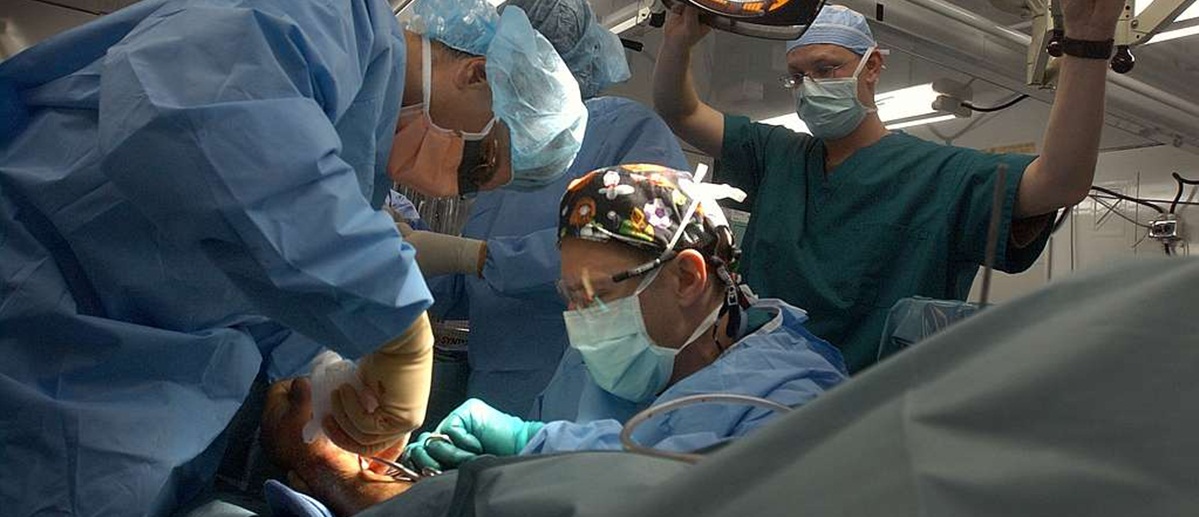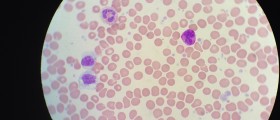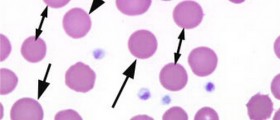What is Radical Cystectomy?
Radical cystectomy is a surgical procedure which includes the removal of the entire bladder. It is commonly performed in patients suffering from advanced stages of bladder carcinoma and is rather effective in control of invasive bladder cancers.
In the USA bladder cancer is the fifth most frequent cancer. The majority of bladder cancers are transitional cell carcinomas, while other 10% includes other pathohistological types.
Radical cystectomy is performed in patients who are suffering from flat in-situ transitional cell carcinoma which did not respond to BCG therapy, multiple papillary tumors of the bladder, invasive transitional cell carcinoma, transitional bladder carcinoma that has infiltrated the prostate, squamous cell carcinoma and sarcoma of the bladder. Radical cystectomy is a major surgery and it carries risk of numerous complications.
Photo courtesy of U.S. Army via Public Domain MediaComplications after Radical Cystectomy
All the complications after radical cystectomy may be classified into those that occur during the procedure and late complications which usually develop 6 weeks after the surgery. Complications associated with the very procedure include urinary leakage, lymphatic leakage and ileus. Late complications of radical cystectomy include recurrent urinary tract infections, parastomal hernia, stomal infarction, retraction or stomal strictures, and ureteric strictures. Acidosis is another late complication of the surgery. And finally, patients may eventually develop bilateral hydronephritis and renal stones.
The occurrence of complications can be related to the very disease or the surgical procedure. Patients typically develop some of the late complications. Furthermore, majority of complications are connected to the type of urinary diversion performed, patient age, stage of the disease and previous morbidity.
Radical cystectomy is rather serious and major surgical procedure and this explains why there are so many potential complications during and after the surgery. It is therefore essential to identify factor which may contribute to the occurrence of complications. These factors include age, sex, and preoperative level of hemoglobin, smoking history, previous abdominal operations, previous external-bean radiotherapy and the type of diversion.
- Of these events, 73 (22.2%) were high grade (? Grade III), and developed in 46 patients (24.9%).
- Three patients (1.6%) died postoperatively.
- Urinary tract infection, wound complications, and paralytic ileus were common complications that occurred in 55 (29.7%), 42 (22.7%) and 41 (22.2%) patients, respectively.
- Ureteroenteric stricture was diagnosed in 13 of the 151 patients (8.6%) undergoing intestinal urinary diversion.
- Emergency room visits were required for 13 patients (7.0%) and readmission after discharge was needed for 36 (19.5%).
Risks after Radical Cystectomy
Patients who have undergone a standard radical cystectomy with ileal conduit or cutaneous uretrostomy basically stay in the hospital for a week. On the other hand, patients who undergo continent urinary diversion need to stay in hospital from 7 to 10 days. Several more factors interfere in potential occurrence of complications. They include total blood loss, operative time, and need for transfusions, pathologic tumor stage, need and time spent in surgical intensive care unit and postoperative level of hemoglobin.
Approximately one third of all patients develop minor complications while major complications affect only 5% of patients. Mortality rate accounts for approximately 1-3%.


















Your thoughts on this
Loading...